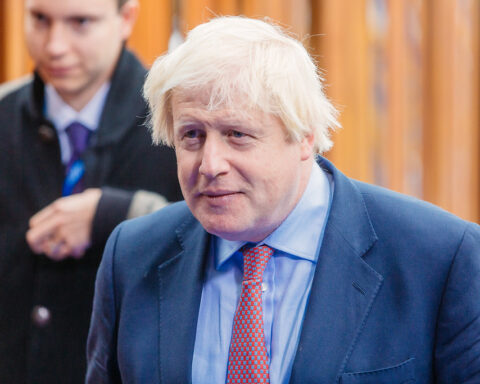LONDON (Parliament Politics Magazine): The chair of the Digital, Culture, Media and Sport Committee, the government’s proposed Online Safety Bill “neither protects freedom of expression nor is it clear nor robust enough to tackle illegal and harmful online content.”
A group of MPs has warned that some of the most “insidious” pictures of child violence against women and girls and child abuse could elude new online safety regulations.
The Digital, Culture, Media and Sport (DCMS) Committee of the House of Commons, which is reviewing the government’s proposed Online Safety Bill, has concluded that the law is currently neither clear nor robust enough to address particular types of illicit and harmful content.
The committee urges the government to address technically lawful content such as elements of “breadcrumbing”, sequences of child abuse or “nudifying”, enabled by tech and deepfake pornography in its report released today.
The MPs wish for such content to be included in the scope of the duties of care, either through primary law or as forms of harmful content.
‘A squandered chance’
MP, chair of the DCMS Committee, Julian Knight stated what should be world-leading, groundbreaking legislation in its current shape is instead a squandered opportunity,
The Online Safety Bill does not protect freedom of expression, and it is not clear nor strong enough to address illegal and dangerous online content. To guarantee that some of the most insidious kinds of child sexual exploitation do not go undetected due to a flaw in the internet safety regulation, urgency is essential.
‘The bill will make the UK the safest place to go online’
A representative for the Department of Culture, Media and Sport told Sky News that they do not agree with the committee’s critique. The bill has strong provisions, such as a duty of care, to prevent child sexual abuse, grooming, and the dissemination of illegal or dangerous content.
There are also strict standards in place to ensure that digital companies and Ofcom preserve people’s right to free expression and privacy, ensuring that content is not taken down without justification.
“While protecting freedom of speech, the bill will make the UK the safest place to go online.”






